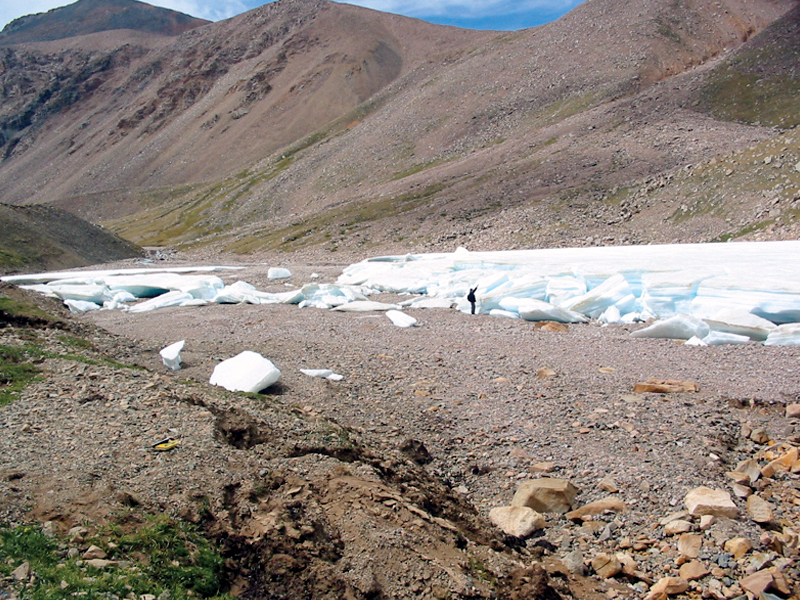
Clare Nullis, spokeswoman for the UN World Meteorological Organization, said the hot air moving up from North Africa had not merely broken European temperature records on Thursday but surpassed them by 2, 3 or 4 degrees Celsius, which she described as "absolutely incredible".
"According to forecasts, and this is of concern, the atmospheric flow is now going to transport that heat towards Greenland," she told a regular U.N. briefing in Geneva. "This will result in high temperatures and consequently enhanced melting of the Greenland ice sheet," she said.
"We don't know yet whether it will beat the 2012 level, but it's close."
Greenland ice melts four times faster in a decade: study
Greenland's ice sheet is a key part of the global climate system and its melting would lead to rising sea levels and unstable weather.
Greenland had not had an exceptional year until June, but its ice had been melting rapidly in recent weeks, she said, citing data from a Danish climate scientist.
"In July alone, it lost 160 billion tonnes of ice through surface melting. That's roughly the equivalent of 64 million Olympic-sized swimming pools. Just in July. Just surface melt - it's not including ocean melt as well."
Melting ice sheets may cause 'climate chaos': study
The warmer air also had implications for Arctic ice extent, which was nearly the lowest on record as of July 15, Nullis said. She said increasingly frequent and intense heatwaves were linked to man-made climate change.
"What we saw with this one was that temperature records weren't just broken, they were smashed." She cited a study by the Britain's Met Office which found that by 2050, record-breaking heatwaves would happen every other year.

















COMMENTS
Comments are moderated and generally will be posted if they are on-topic and not abusive.
For more information, please see our Comments FAQ